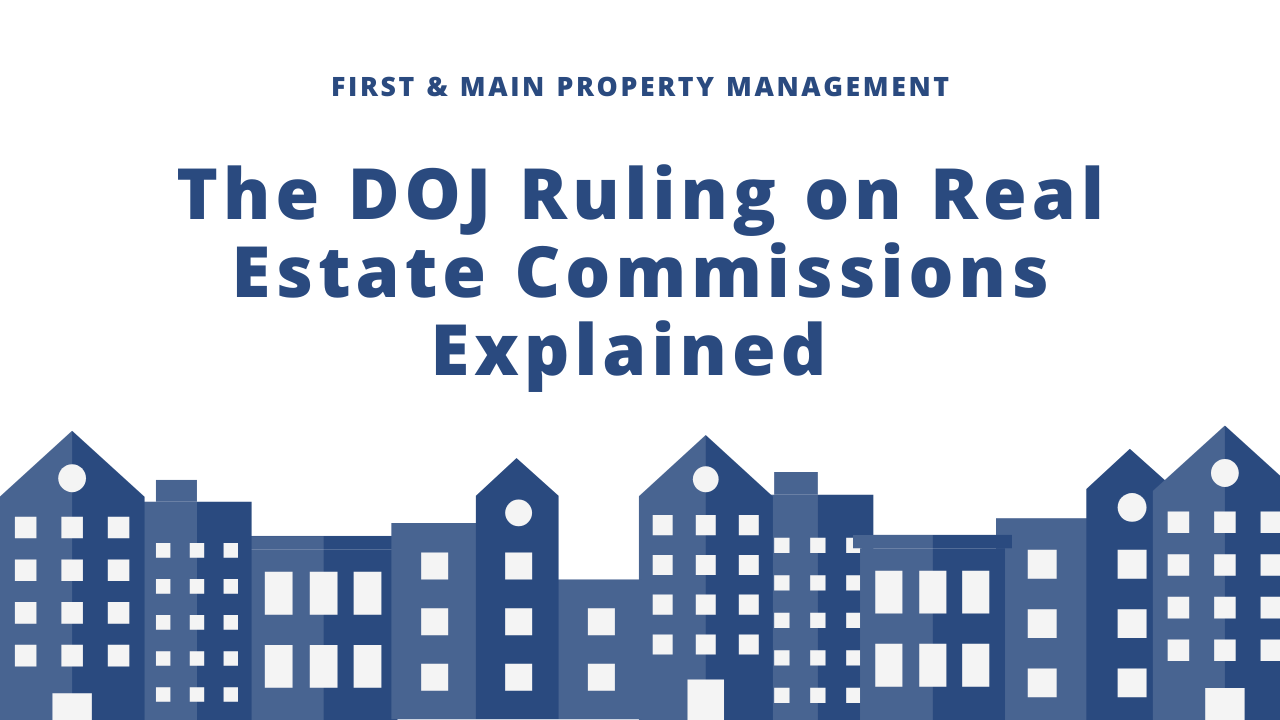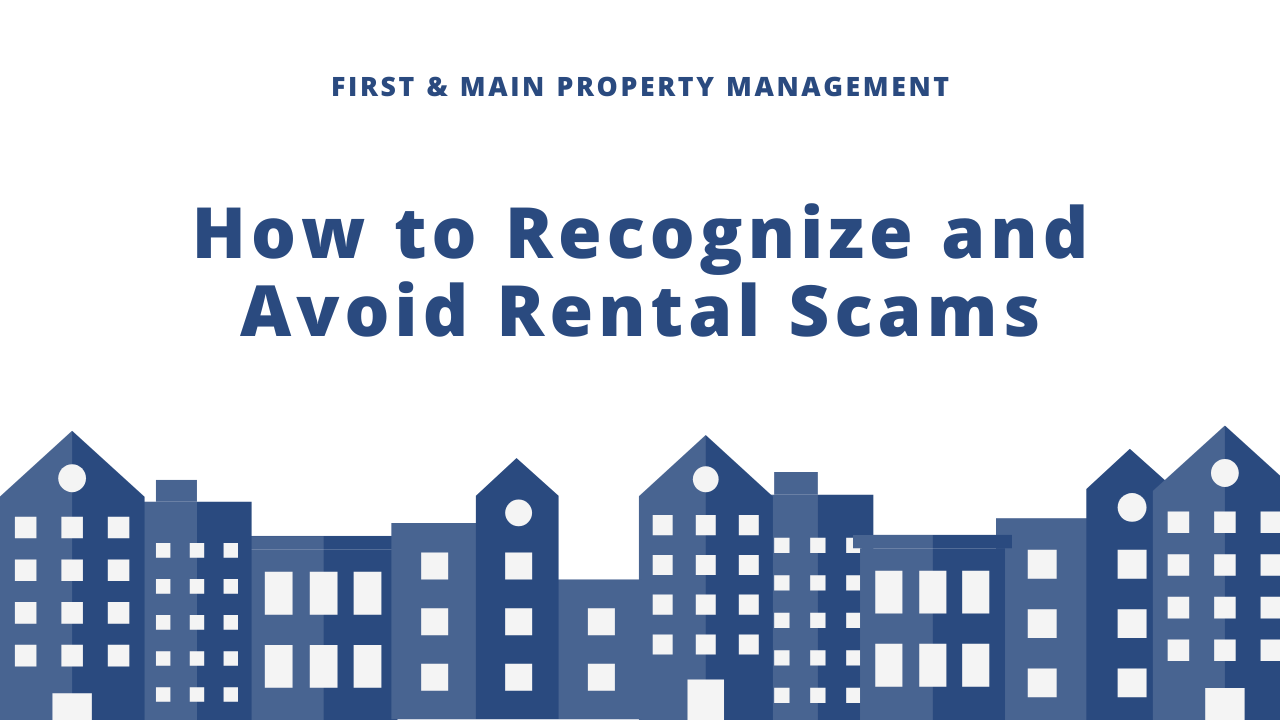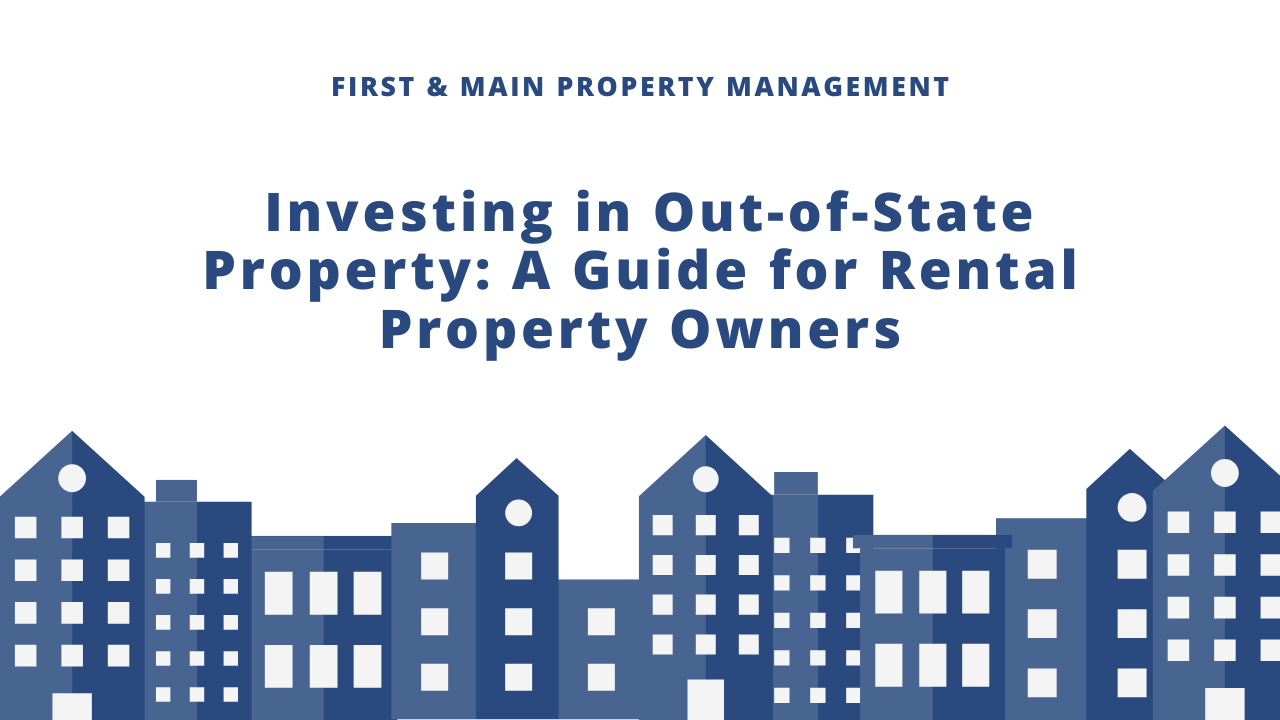Why Should You Invest in Real Estate Over the Stock Market?
Prioritizing real estate over the stock market offers several advantages. Real estate diversifies your investment portfolio and reduces overall risk. It's a different asset class than stocks, which can help balance your investment strategy.
In this article, we are going to list some benefits to investing in real estate rather than the stock market. So, let's jump in:
Steady Cash Flow
When you invest in real estate, particularly rental properties, you earn regular rental income from tenants. This income is relatively stable and consistent, providing a predictable cash flow stream.
Rental agreements often involve longer-term leases. As a result, there's a continuous demand for rental properties, especially in desirable locations. This demand contributes to a steady stream of potential tenants.
Property owners can effectively manage vacancies by quickly finding new tenants when old ones move out. This reduces the risk of prolonged periods without rental income. Landlords can adjust rental rates periodically based on
market trends. This allows you to adapt to changes in the local real estate market and inflation, ensuring your cash flow keeps pace.
Outsourcing
Landlords can outsource the day-to-day responsibilities of managing their rental properties to a professional property management company like First and Main Property Management.
A good property management company handles tasks such as tenant screening, rent collection,
rental documents, maintenance, and repairs. Landlords can save significant time by delegating tasks to property managers.
This is valuable for those who have other commitments or multiple properties to manage. Property managers have the expertise in property-related matters, including legal regulations, market trends, and tenant relations. Landlords can leverage this knowledge since they are experts themselves.

Outsourcing maintenance and repairs to property managers means landlords don't have to be on call for emergencies. Property managers ensure that properties are well-maintained and that issues are resolved promptly.
Volatile Stocks
Investing in real estate over the stock market can offer more stability: a crucial consideration for your property management business targeting landlords. Real estate tends to be more predictable compared to the stock market.
This tangibility can feel more reassuring, especially during uncertain economic times. Rental income from real estate provides a steady cash flow, which can be particularly appealing for landlords seeking consistent income without being at the mercy of market fluctuations.
Value Increases with Time
Real estate properties often increase in value over time. This appreciation can provide a solid return on investment, contributing to potential wealth accumulation.
Landlords can make improvements to the property to enhance its value further. The income from rental properties contributes to the property’s overall return.
Eligible for Tax Deduction
Investing in real estate offers significant tax benefits. Landlords can deduct mortgage interest payments from their taxable income. This reduces the overall tax burden and increases cash flow. Real estate property taxes are often deductible, providing further tax relief for landlords.

Depreciation deductions are available to landlords, enabling them to deduct a portion of the property's worth over time. This decreases taxable income and balances out rental revenue.
Additionally, costs for
maintenance
and repairs are deductible, which aid landlords in lowering their taxable income. Certain travel costs associated with property management, such as going to the rental to conduct inspections or meet with property managers, can be written off by landlords.
These tax benefits can significantly enhance the financial appeal of real estate investments for landlords.
Defer Real Estate Capital Gains Tax
Through a 1031 exchange, investors can sell a property and reinvest the proceeds into another property of equal or greater value. By doing so, they can defer paying capital gains tax on the sale.
This strategy allows investors to continue growing their investments with the full proceeds of the sale, as taxes are deferred until a future sale without penalties or immediate tax obligations. By deferring capital gains tax, investors can potentially leverage more funds for their next property while they
price their rental property, accelerating wealth accumulation.

The 1031 exchange provides flexibility in choosing properties to invest in, allowing investors to adapt to market trends and adjust their portfolio as needed. The tax deferral benefit can be particularly advantageous for estate planning, enabling investors to pass down properties to heirs without triggering immediate capital gains tax.
Bottom Line
It's important to note that both real estate and the stock market have their own pros and cons. Diversification across different asset types might also be a wise strategy.
However, real estate is a more stable investment due to its tax benefits, steady cash flow, and ability to outsource. Landlords can educate themselves about these factors to make informed investment decisions.
However, hiring a property manager, like
First & Main Property Management, empowers landlords with a trusted partner who brings professional guidance and operational efficiency to their real estate investments. Contact us today for more information on how we can help you reach your financial goals!












